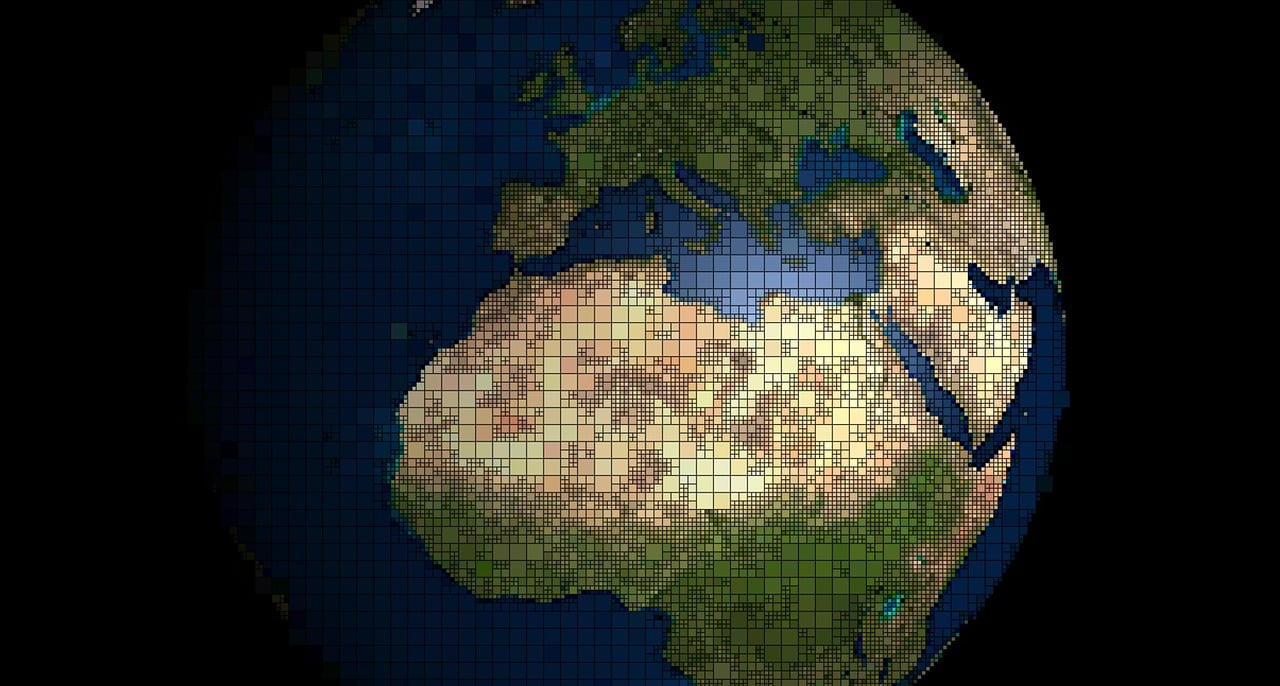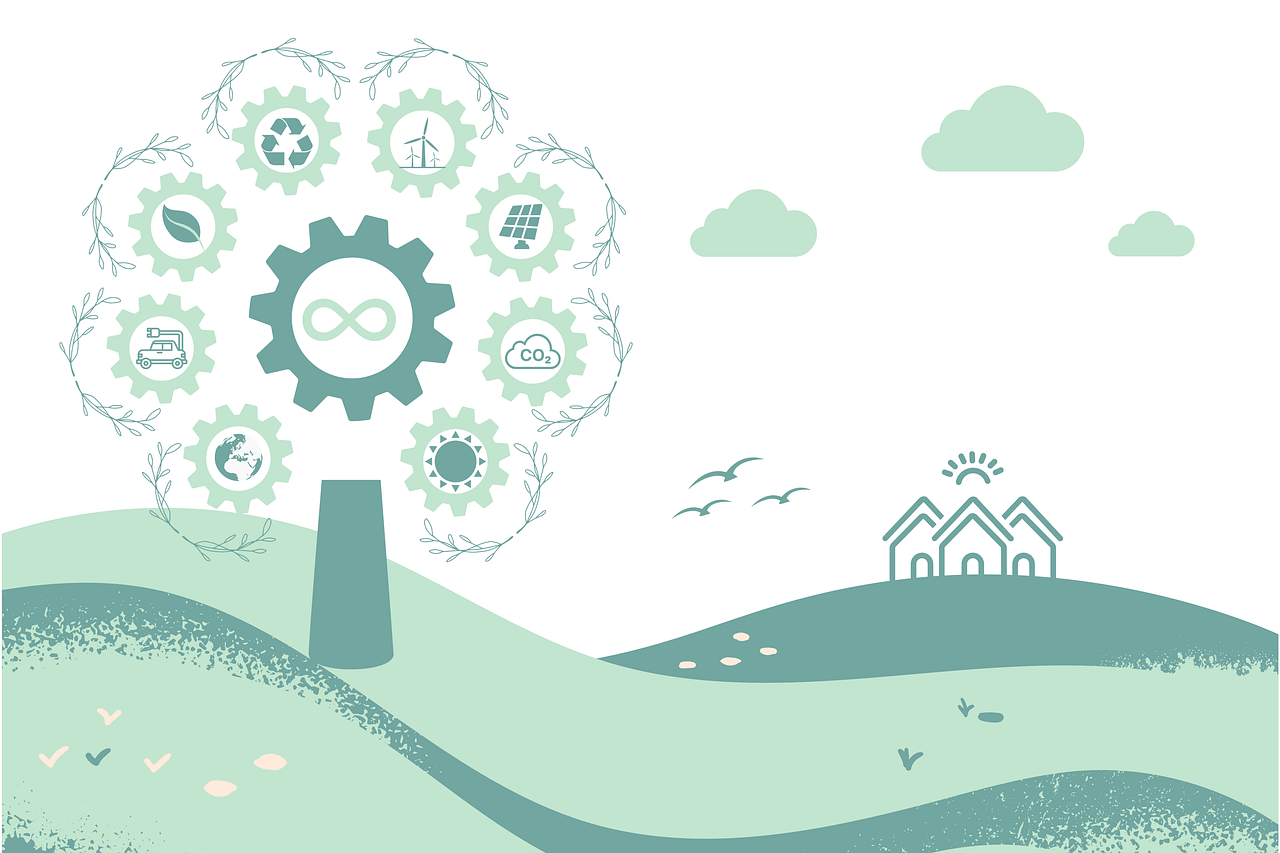what is technology?how important is technology for humans?
Imagine a world without smartphones, the internet, or even electricity. How different would our lives be?"Technology has become so intertwined with our lives that it’s hard to separate the two. From improving healthcare to connecting us with people across the globe, technology touches every part of our existence—and its impact is only growing."
Think about life without your smartphone, or even electricity—pretty unimaginable, right? Technology doesn’t just shape our world, it’s woven into nearly every aspect of it.
Technology Ensures Our Basic Survival
Technology isn’t just about shiny gadgets and apps—it’s at the core of our ability to survive. Take healthcare,for example. Advances in medical technology have made it possible to treat diseases, perform life-saving surgeries, and even monitor our health from home. We’ve seen the development of vaccines, medical imaging like MRI's, and robotic surgery, all of which have drastically improved the quality and longevity of human life.
It Drives Economic Growth and Global Connectivity
Technology has been a major force behind economic development. From small businesses to multinational corporations, every industry relies on technology to increase productivity and reduce costs. Automation, data analysis, and artificial intelligence are reshaping how businesses operate, making them more efficient and capable of serving global markets.
But beyond individual industries, technology has made the world smaller. Thanks to the internet, we can communicate with someone on the other side of the planet in seconds. Video calls, email, and instant messaging allow businesses to collaborate globally, and social media keeps us connected with friends and family, no matter the distance.
Access to Knowledge at Our Fingertips
Ever needed an answer to something and turned to Google? Of course, you have. Technology has democratized access to information. In the past, knowledge was often limited to those who could afford education or lived near libraries. Now, anyone with an internet connection can learn new skills, explore different cultures, and dive into the world’s collective knowledge.
The Role of Technology in Sustainability
Smart technology also allows us to monitor and conserve resources more effectively. From smart thermostats that regulate energy use to water-saving irrigation systems, these advancements help ensure we use our planet’s resources responsibly.
Navigating the Ethical and Existential Questions
With all its benefits, technology comes with its challenges. Our increasing reliance on technology raises important ethical questions, from data privacy to the rise of artificial intelligence. Who controls our personal information? How will automation impact jobs? What happens when machines become smarter than humans?
Moreover, technologies like genetic engineering and AI challenge our very definition of what it means to be human. As we advance, we must carefully consider the consequences and navigate the potential risks responsibly.
With all its benefits, technology comes with its challenges. Our increasing reliance on technology raises important ethical questions, from data privacy to the rise of artificial intelligence. Who controls our personal information? How will automation impact jobs? What happens when machines become smarter than humans?
Moreover, technologies like genetic engineering and AI challenge our very definition of what it means to be human. As we advance, we must carefully consider the consequences and navigate the potential risks responsibly.
Conclusion: Embracing the Future of Technology
There’s no denying it—technology is woven into the fabric of human life. It keeps us alive, connects us across borders, fuels our economies, and even holds the key to a sustainable future. However, it’s essential to remember that with great power comes great responsibility. As technology continues to evolve, we must be mindful of its impact and ensure that it benefits all of humanity.








Comments
Post a Comment